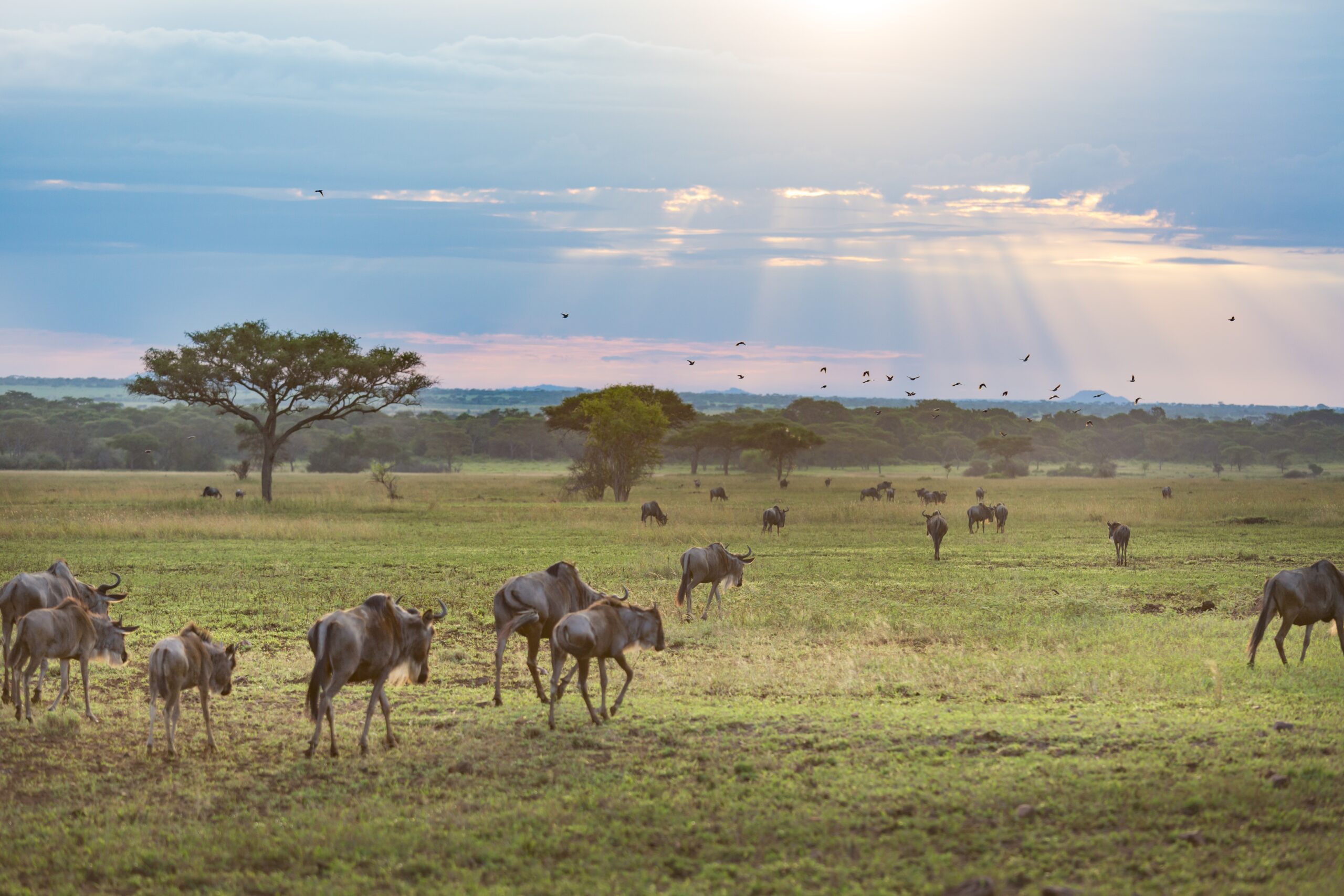This document emphasizes the vital role of sustainable hunting—particularly hunting tourism—in wildlife conservation, rural development, and poverty alleviation. While the Millennium Development Goals call for economic growth and poverty reduction, they must be balanced with biodiversity protection and environmental sustainability. In many parts of the world, especially rural or marginal areas, wildlife is a renewable resource that can support livelihoods through regulated use, including hunting.
Hunting tourism, when properly managed, generates high revenue with minimal ecological impact—often by targeting select, older animals. It contributes to conservation, funds habitat protection, and supports local communities. The text argues that total protection policies can undermine wildlife’s economic value, leading to land-use conflicts and biodiversity loss. Sustainable hunting, guided by international best practices, ensures wildlife retains value and incentivizes its preservation.
The International Council for Game and Wildlife Conservation (CIC) and FAO advocate for globally informed, multilingual collaboration to share best practices and bridge gaps between English- and Russian-speaking conservation communities. Ultimately, well-regulated hunting is positioned not as a threat but as a key tool for conservation, community support, and long-term ecological balance.

